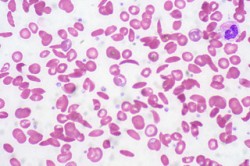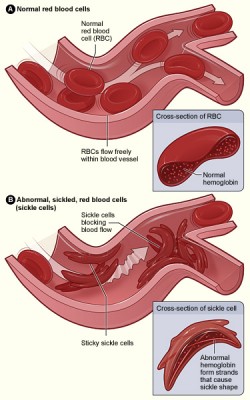“The centrally expressed cannabinoid receptor (CB1) has been considered a potential therapeutic target in treating alcoholism.
Though CB1 receptors have been shown to modulate primary and conditioned ethanol reward, much of this research employed animal models that require ethanol ingestion or oral routes of administration. This is problematic considering CB1 antagonist drugs have high anorectic liability and have been used clinically in the treatment of obesity. Therefore, the present study examined CB1 antagonism in DBA/2J mice using an unbiased ethanol-induced conditioned place preference (CPP) procedure, a paradigm that does not require ethanol ingestion…
Results from the present study appear inconsistent with other studies that have demonstrated a role for CB1 antagonism in ethanol reward using oral administration paradigms.
Our findings suggest that CB1 antagonism may have greater involvement in consummatory behavior than ethanol reward.”





